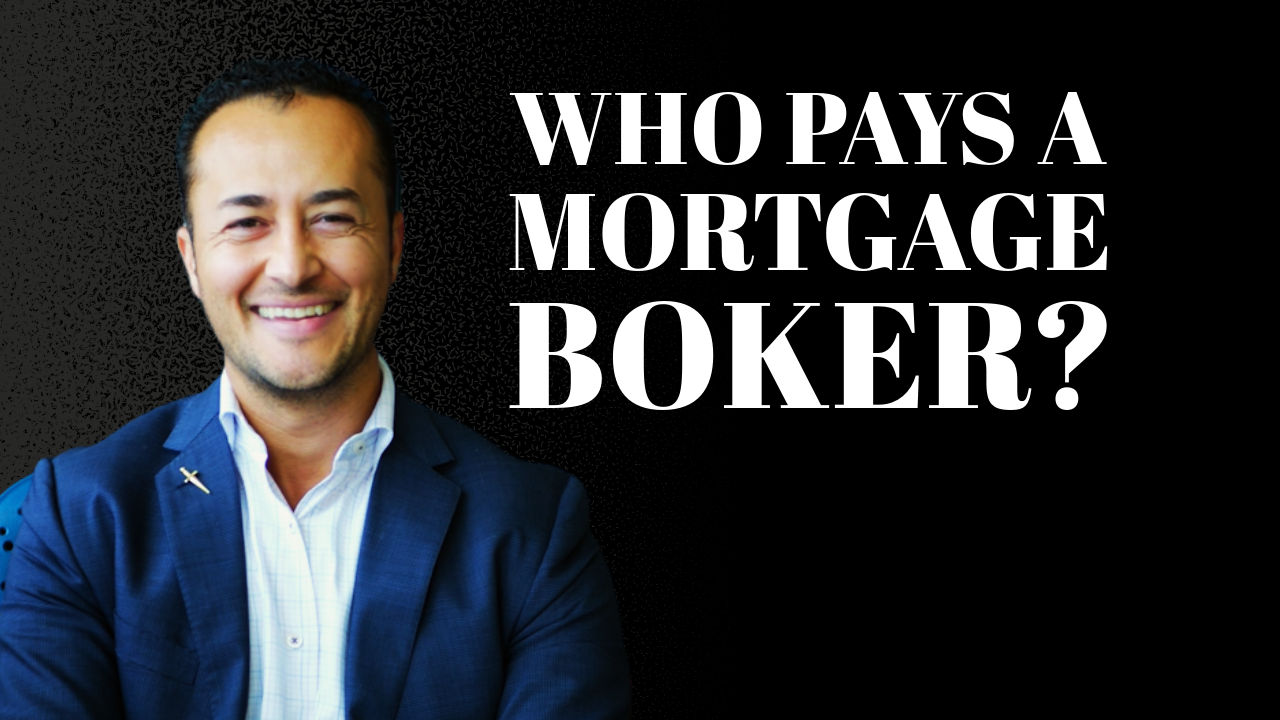Mortgage No Credit
Your Guide to Home Financing Without a Credit History
Purchasing a home is a monumental milestone, but for individuals with no credit history, the process can seem daunting. However, obtaining a mortgage with no credit is not impossible. In this article, we’ll explore various strategies and options available for securing a mortgage when you lack a traditional credit history. We will also highlight the importance of mortgage gift letters and how they can assist in the qualification process.
Understanding Credit History
Before diving into mortgage options, it’s essential to understand what credit history is and why it matters. Credit history is a record of an individual's borrowing and repaying behavior, typically tracked by credit bureaus. Lenders use credit scores derived from this history to assess the risk of lending money. A strong credit history often makes securing a mortgage easier, but lacking this doesn’t automatically disqualify you from homeownership.
Why Might Someone Have No Credit History?
There are several reasons why someone might not have a credit history:
- Young Adults: Recent graduates or young adults who have never had a credit card or loan.
- New to the Country: Immigrants who have not established credit in their new country.
- Avoidance of Debt: Individuals who prefer using cash or debit cards and have avoided taking on debt.
Mortgage Options for Individuals with No Credit
1. Manual Underwriting
Manual underwriting involves a lender reviewing your financial situation without relying on credit scores. Instead, they assess your income, savings, employment history, and other financial behaviors. To qualify, you might need to provide:
- Rental payment history.
- Utility payment records.
- Proof of regular income.
- Large down payment (often 20% or more).
2. FHA Loans
The Federal Housing Administration (FHA) offers loans with flexible underwriting standards. While a credit history is typically required, individuals with no credit history can still qualify if they meet certain criteria. Non-traditional credit histories, such as rental payments and utility bills, can sometimes be used to demonstrate reliability.
3. VA Loans
For veterans and active-duty service members, VA loans provided by the Department of Veterans Affairs can be an excellent option. VA loans often have more lenient credit requirements and may accept alternative credit histories.
4. Credit Unions and Community Banks
Smaller, local financial institutions might be more willing to work with individuals lacking a credit history. These lenders often use manual underwriting and may have more flexible requirements compared to larger banks.
Steps to Improve Your Chances of Getting a Mortgage
1. Save for a Larger Down Payment
A substantial down payment reduces the lender’s risk and can improve your chances of getting approved. Aim for at least 20% of the home’s purchase price.
2. Establish Alternative Credit
Build a non-traditional credit history by ensuring timely payments on rent, utilities, and other recurring bills. Keep records of these payments to present to potential lenders.
3. Seek a Co-Signer
Having a co-signer with good credit can significantly enhance your mortgage application. The co-signer takes on responsibility for the loan if you default, which reduces the lender’s risk.
4. Provide Proof of Financial Responsibility
Demonstrate financial stability through consistent income, low debt-to-income ratio, and substantial savings. This evidence can help convince lenders of your ability to repay the mortgage.
The Role of Mortgage Gift Letters
One effective strategy to boost your mortgage application is through the use of a mortgage gift letter. If a family member or friend provides funds for your down payment, a mortgage gift letter can document this financial gift, clarifying that the money does not need to be repaid. This can be particularly helpful for individuals with no credit history, as it shows additional financial support. For more details on crafting and using a mortgage gift letter, you can refer to our comprehensive mortgage gift letter guide.
Qualifying for a Mortgage Without Credit
Understanding the qualification process is crucial when navigating the mortgage landscape without a credit history. Lenders look at various factors to assess your eligibility, such as your employment history, income stability, and financial reserves. Ensuring that you present a strong case in these areas can significantly improve your chances of securing a mortgage. For more insights into the qualification process, check out our detailed article on mortgage qualification.
Conclusion
Obtaining a mortgage with no credit history is challenging but achievable with the right approach and preparation. By understanding alternative mortgage options, establishing non-traditional credit, and utilizing tools like mortgage gift letters, you can enhance your chances of homeownership. Start preparing today to make your dream of owning a home a reality.
For further reading on related topics, don’t forget to visit our articles on mortgage gift letters and mortgage qualification.
Want to get pre-qualified? Click button below to get started.
SHARE








